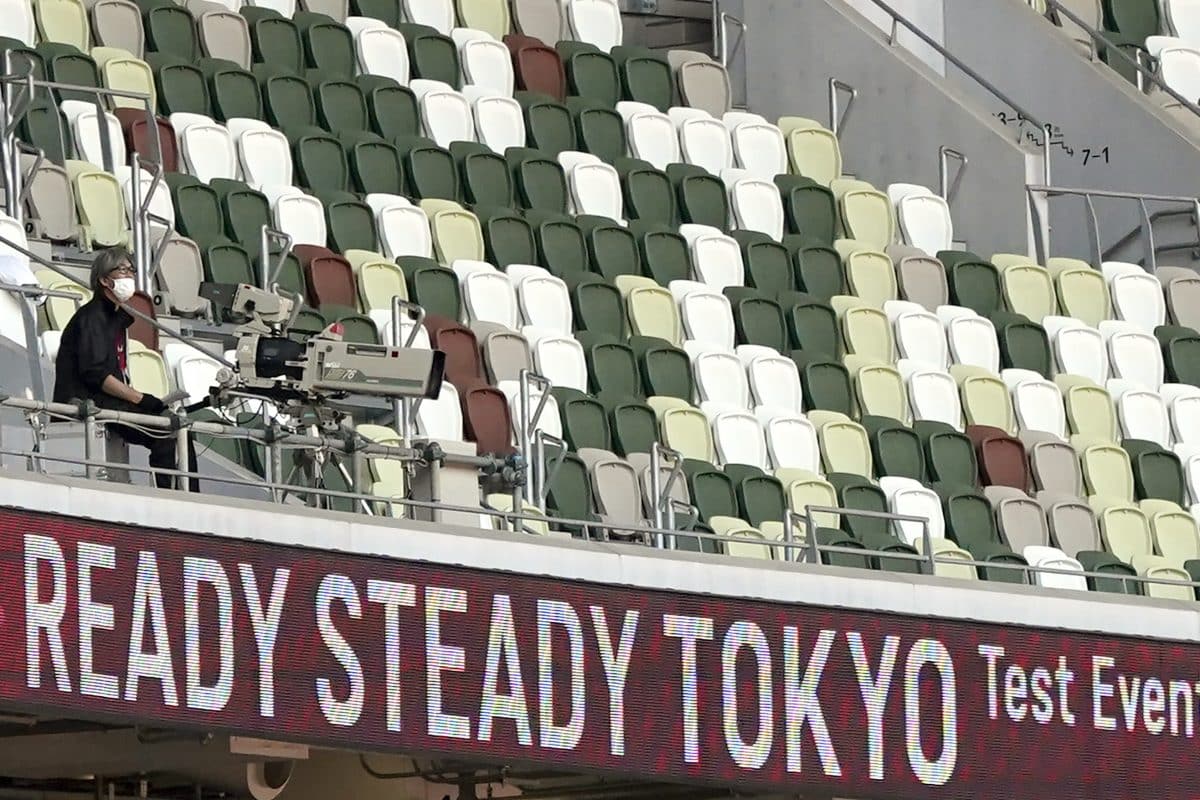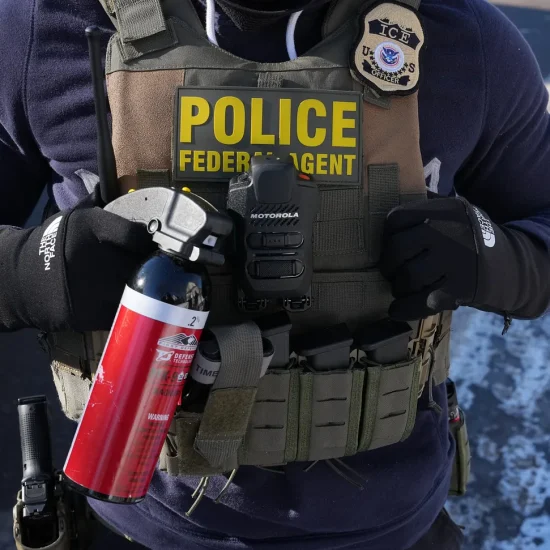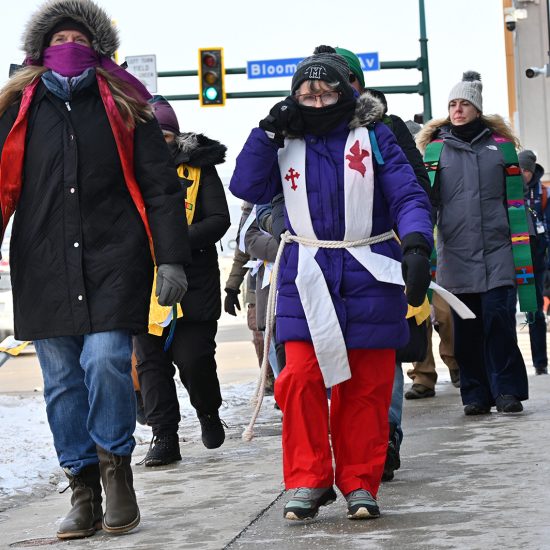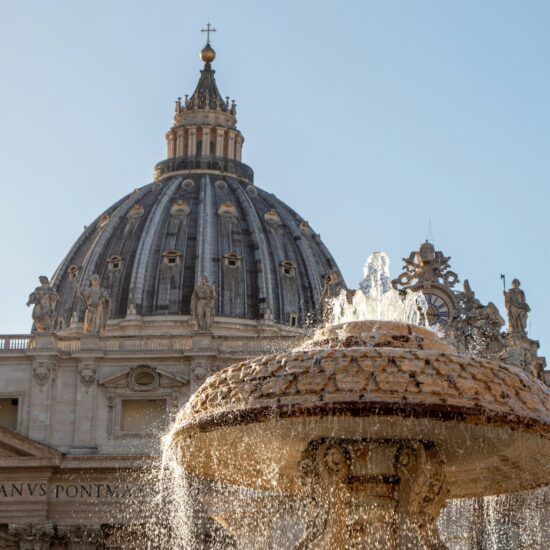
“I am feeling very Olympic today.”
That line from Cool Runnings spreads across social media every two years. But this summer, a lot fewer people seem to agree. The 2020 Olympic Games kicked off in Tokyo six days ago, after being delayed a year by the global pandemic. NBC wants us to spend our entire days watching — with nearly enough programming to make that a reality — and updates currently dominate social media feeds.
Yet, these Olympics do not feel very, well, Olympic.
COVID-19 precautions eliminated the cheering crowds. Most parents, spouses, and children of the athletes are watching the games from their respective countries. Every odd silence after an amazing display of human performance or each camera shot of empty stadiums reminds viewers that things are not normal. The pandemic also upended religious services and evangelism efforts that occur onsite during the games.
Initially expecting an economic boost from increased tourism, Japan instead faces dashed hopes and a COVID surge. The country’s own citizens protested the International Olympic Committee outside the games, shouting “Cancel the Olympics! Stop them immediately!” and, “Go to hell, IOC!”
In fact, 83% of Japanese citizens told pollsters they didn’t want the games to occur this summer during an ongoing global pandemic. The controversy sent Japanese Prime Minister Yoshihide Suga’s approval rating to an all-time low (36%), and led Toyota and some other Japanese companies to drop domestic advertising to distance themselves from the games.
While questions remain in Japan and elsewhere about whether these Olympics should’ve been held, it also seems like a good time to question the organizing myth of the Olympics altogether. The IOC claims the summer and winter contests they oversee help foster global peace — and that we need that spirit in the middle of a global pandemic. But do the Olympics really promote peace and global cooperation?
In this issue of A Public Witness, we will run through the claims about the so-called “Olympic Truce,” expose the fault lines underneath this foundational story, and replay times when nationalism lapped peace. As Christians, we are wary when sports are elevated to the top spot of the ideological podium, and we’re confident such exaltation is ultimately doomed to failure.
NOTE: The rest of this piece is only available to paid subscribers of the Word&Way e-newsletter A Public Witness. Subscribe today to read this essay and all previous issues, and receive future ones in your inbox each Thursday morning.





